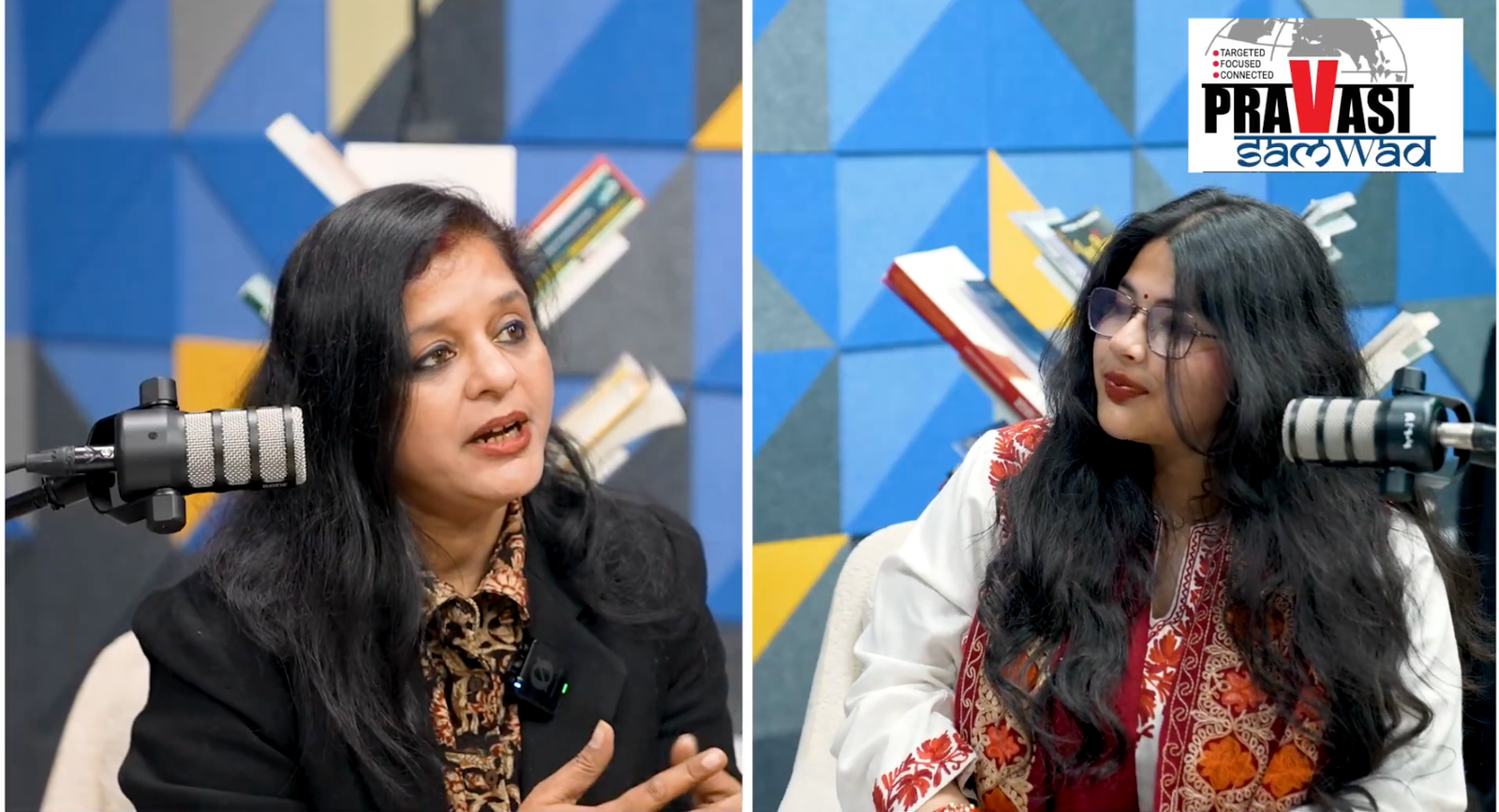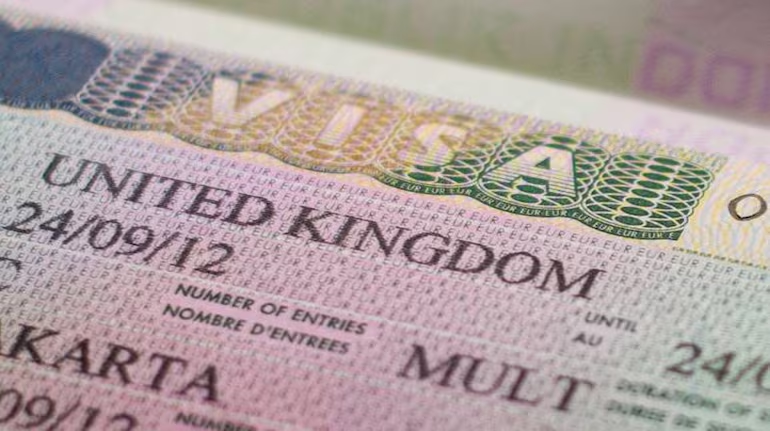“Up to 60 per cent of post-Covid patients are presenting increasing mental health issues like headache, giddiness, fatigue, cognitive difficulties, memory problems, anxiety, depression, suicidal thoughts, feeling of loneliness.”
The symptoms of anxiety or depression are very high among post-Covid patients, as they are presenting increasing mental health issues.
The pandemic is causing some long-term neurological problems. In one study done by the Global Consortium Study of Neurologic Dysfunction in Covid-19 (GCS-NeuroCovid) and the European Academy of Neurology Neuro-Covid Registry (ENERGY) of over 3,700 patients, it has been found that 80 per cent of patients hospitalised with Covid-19, showed neurological manifestations.
Even emergency cases of brain haemorrhage have been reported. Up to 60 per cent of post-Covid patients are presenting increasing mental health issues
Senior neurosurgeon at Moolchand Hospital, Dr Asha Bakshi, said among the patients, “Thirty-seven per cent reported symptoms, including headache while anosmia or ageusia was reported in 26 per cent of them. The most common neurological syndromes reported were acute encephalopathy (49 per cent), coma (17 per cent), and stroke (six per cent). Presence of clinically captured neurologic signs or syndromes was associated with increased risk of in-hospital death.”
Even emergency cases of brain haemorrhage have been reported. Up to 60 per cent of post-Covid patients are presenting increasing mental health issues like headache, giddiness, fatigue, cognitive difficulties, memory problems, anxiety, depression, suicidal thoughts, feeling of loneliness in the out-patient department (OPD), the Moolchand Hospital has said.
Behaviour and problems of alertness have occurred in the elderly, with most problems surfacing after one-two months of recovering from Covid.
The hospital has been “recording increasing cases of intracerebral (brain) haemorrhage, and 50 per cent of the neuroscience department is filled with such cases,” it said.
Lack of focus is severely affecting their personal as well as professional lives. The neurosurgeon said, more than 42 per cent of people surveyed by the US Census Bureau in December reported symptoms of anxiety or depression.











